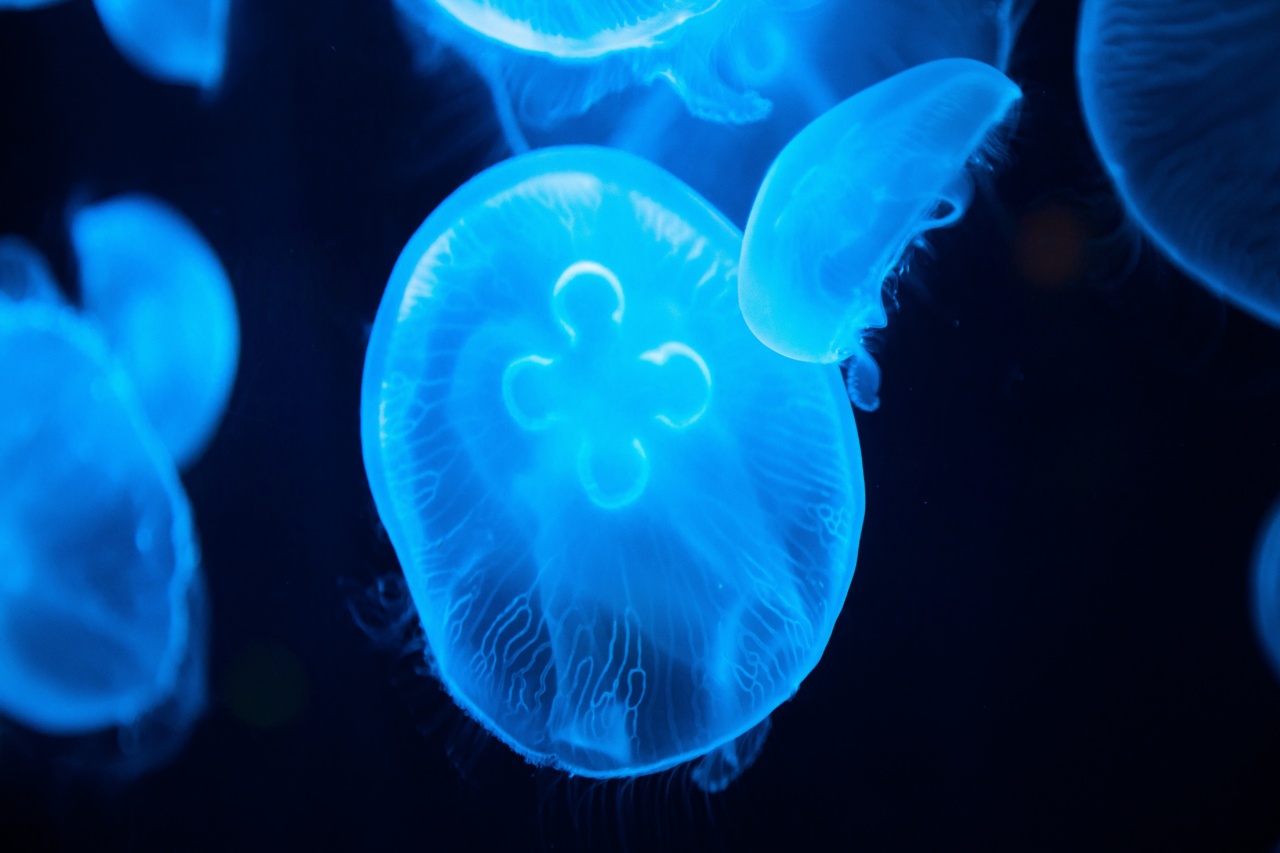Partying is an integral part of our social lives. It is a way to celebrate, let loose, and have fun with friends. Whether it is a birthday bash, a night out at the club, or a wild house party, we all indulge in letting go every now and then.
However, with all the fun comes the inevitable aftermath – the dreaded post-party pain. In this article, we will explore the various after-effects of a wild night and how to deal with them.
Hangover
One of the most common and well-known post-party pains is a hangover. The excessive consumption of alcohol can lead to dehydration, headaches, nausea, fatigue, and a general feeling of misery.
To alleviate the symptoms and recover from a hangover, it is important to stay hydrated, eat a nutritious meal, and get plenty of rest. Additionally, some people find relief in drinking sports drinks or consuming foods rich in electrolytes.
Sleep Deprivation
Partying often means staying up late and sacrificing a good night’s sleep. Sleep deprivation can lead to fatigue, irritability, difficulty concentrating, and poor decision-making abilities.
To recover from sleep deprivation, it is important to prioritize rest and catch up on missed sleep. Establishing a regular sleep schedule and practicing good sleep hygiene can also help prevent post-party sleep deprivation.
Social Anxiety
After a wild night of partying, some people may experience social anxiety or a sense of regret. This could be due to embarrassing moments, inappropriate behavior, or the fear of judgment from others.
To cope with social anxiety, it is important to remind oneself that everyone makes mistakes and that the night’s antics don’t define who they are as a person. Engaging in self-care activities such as meditation, journaling, or talking to a trusted friend can help ease anxious thoughts.
Physical Injuries
Partying can sometimes lead to physical injuries. Whether it is from dancing too vigorously, tripping over a stray object, or engaging in risky behavior, accidents happen.
If you find yourself with any injuries after a wild night, it is important to seek medical attention if needed. Taking care of wounds, applying ice packs, or taking over-the-counter pain medication can help alleviate physical pain.
Regret and Guilt
Another common post-party pain is the feeling of regret or guilt. This may arise from actions or decisions made in the heat of the moment, such as saying something hurtful or engaging in reckless behavior.
It is important to remember that everybody makes mistakes and that it is possible to learn and grow from them. Apologize if necessary, reflect on the experience, and commit to making better choices in the future.
Financial Hangover
Partying can often lead to overspending. Whether it is on drinks, food, transportation, or party attire, it is easy to get carried away in the moment and spend more money than intended.
To recover from a financial hangover, it is important to assess the damage and create a budget to get back on track. Consider cutting back on unnecessary expenses and finding creative ways to save money.
FOMO (Fear of Missing Out)
After an epic night of partying, it is not uncommon to experience FOMO – the fear of missing out on future events or not being up to date with the latest gossip.
However, it is important to remind oneself that it is okay to take a break and prioritize self-care. Missing out on one or two events does not mean missing out on life. Focus on maintaining a balance between socializing and personal well-being.
Loss of Productivity
Recovering from a wild night can often lead to a loss of productivity. Whether it is due to physical fatigue, mental fog, or emotional exhaustion, it can be challenging to get back into a routine.
To regain productivity, it is important to set realistic goals, break tasks into smaller, manageable chunks, and give oneself time to readjust. Additionally, practicing self-care and engaging in activities that bring joy and relaxation can help boost motivation.
Emotional Vulnerability
Partying can sometimes bring out emotional vulnerability. Alcohol and a charged party atmosphere can lead to heightened emotions and the expression of deep-seated feelings.
If you find yourself feeling emotionally exposed after a wild night, it is important to reach out to friends or a professional for support. Talking about your emotions and processing them in a healthy way can help prevent further emotional distress.
Reputation Management
Lastly, a wild night of partying can sometimes lead to damage control in terms of reputation.
If you find yourself in a situation where your actions or behavior during a party could negatively affect how others perceive you, it is important to take responsibility and make amends if necessary. Apologize to anyone who may have been affected, reflect on your behavior, and work towards making positive changes.
Conclusion
Partying is undoubtedly a fun and exhilarating experience, but it can also come with its fair share of post-party pain.
From hangovers and sleep deprivation to social anxiety and regret, the after-effects of a wild night can take a toll on both our physical and mental well-being. It is important to prioritize self-care, seek support when needed, and learn from our experiences to ensure that we can continue to enjoy the party scene responsibly and without enduring unnecessary suffering.





























